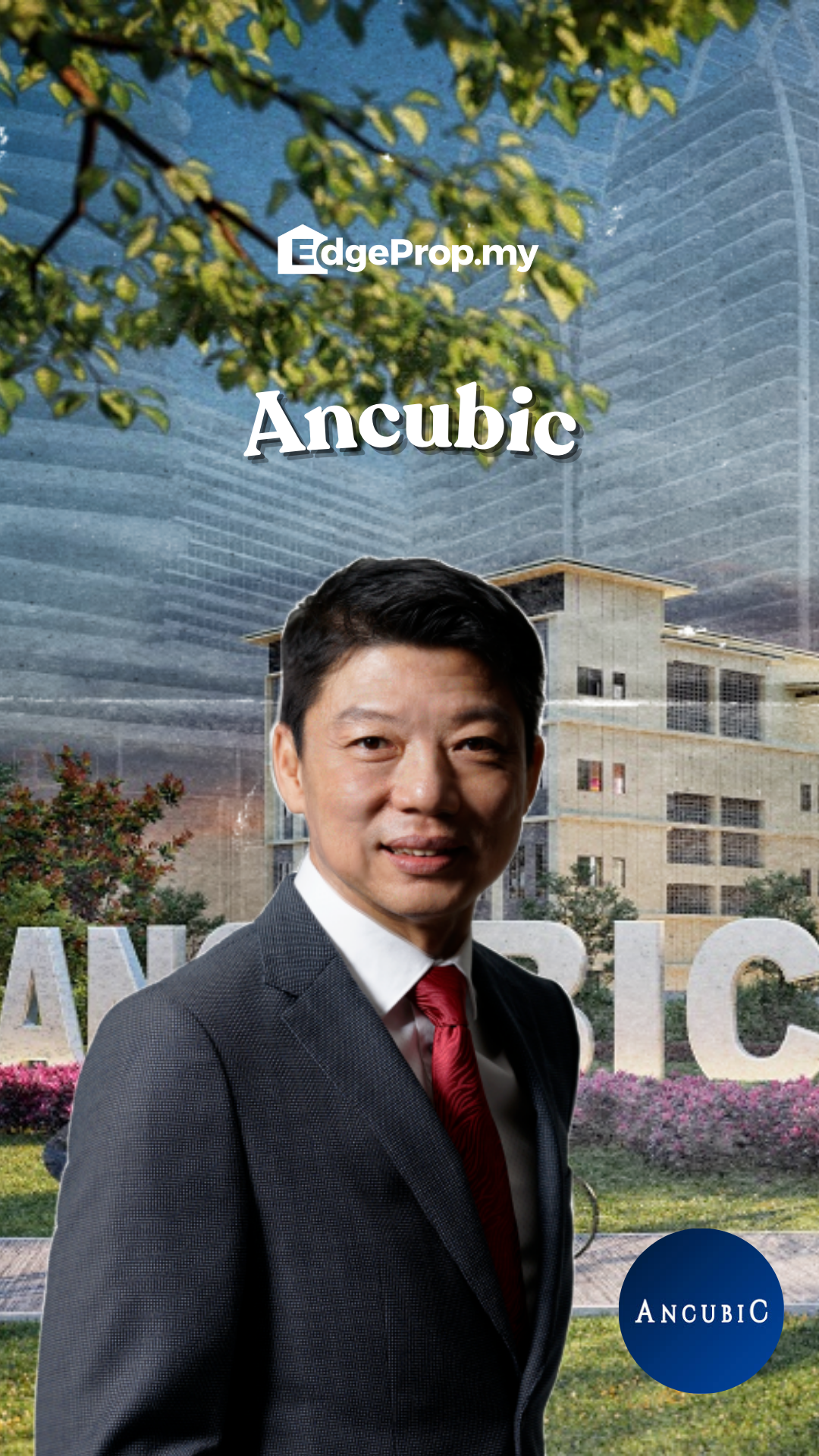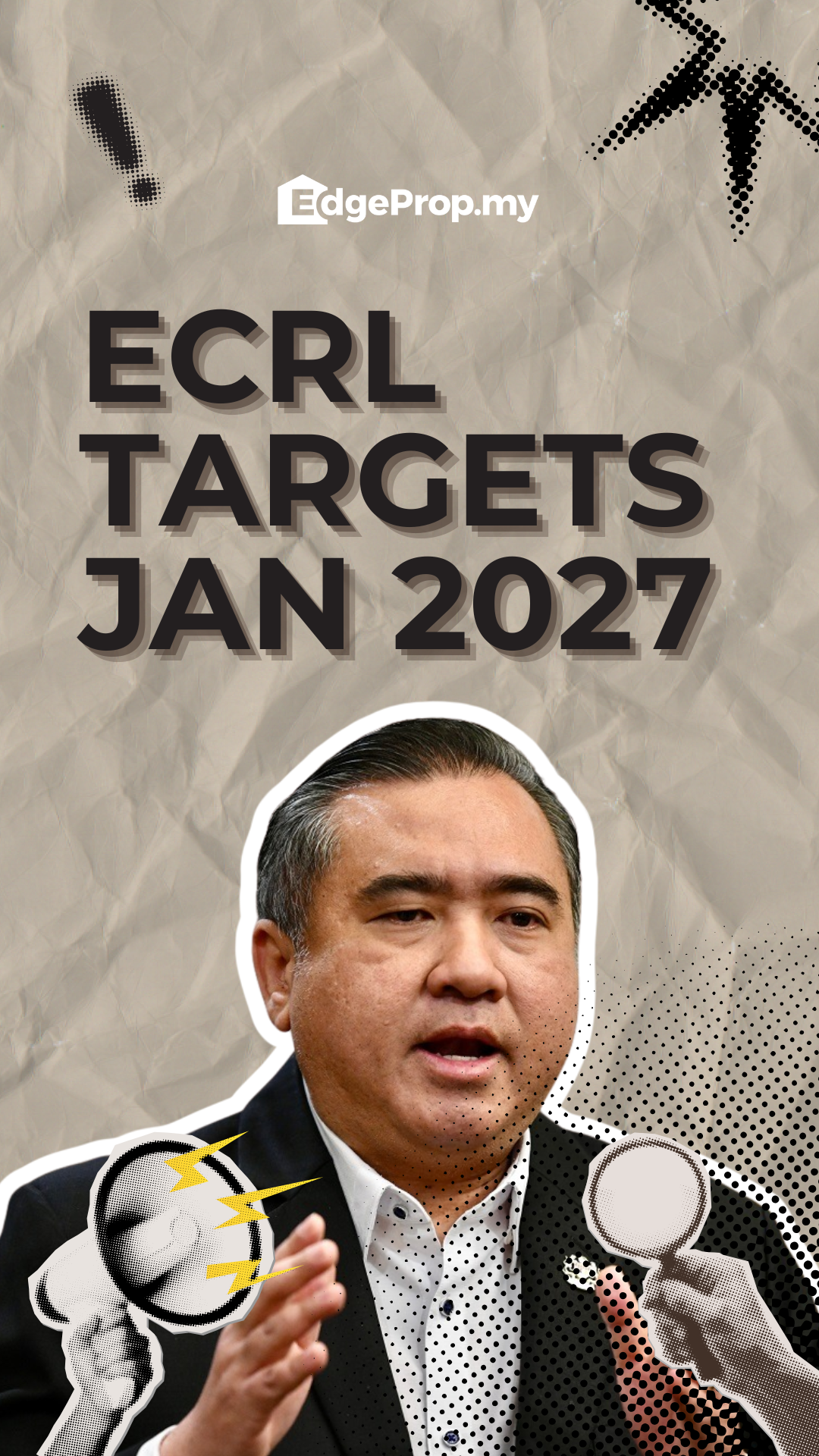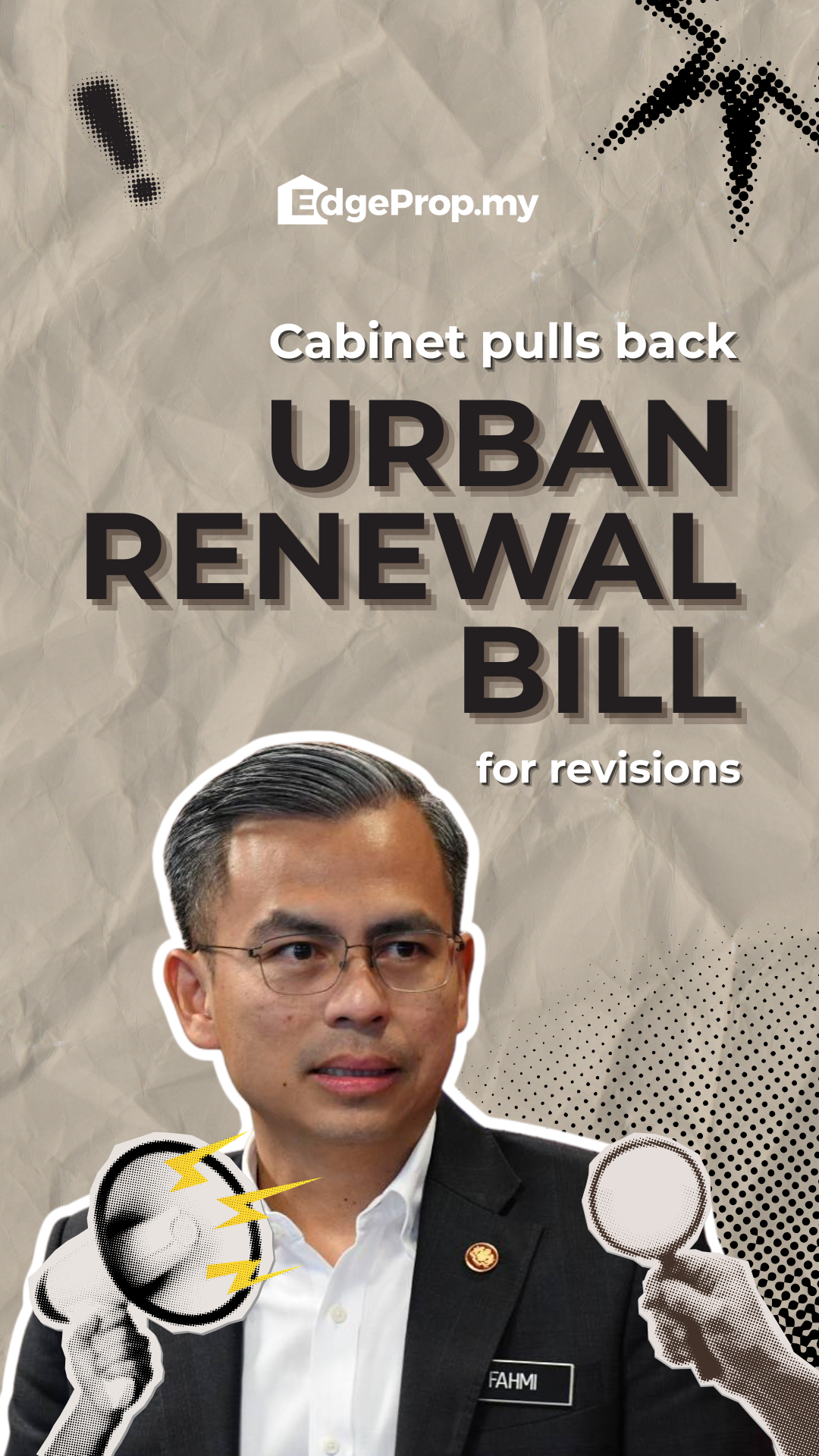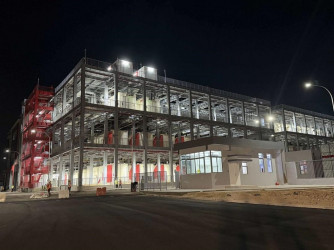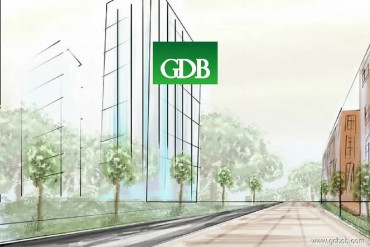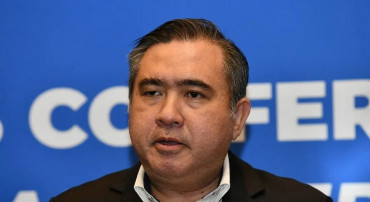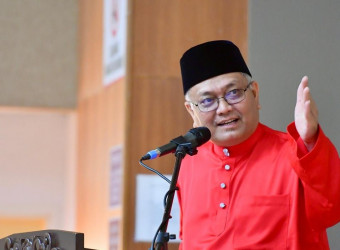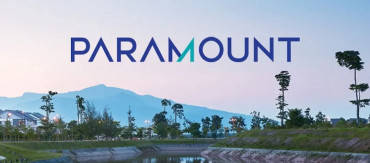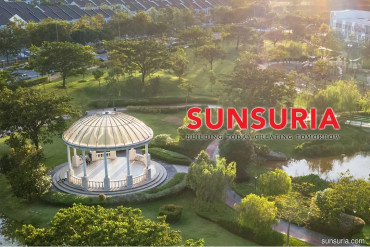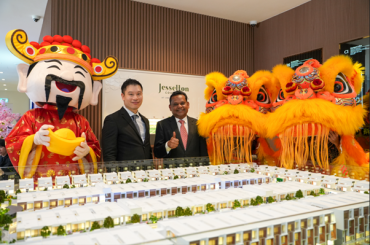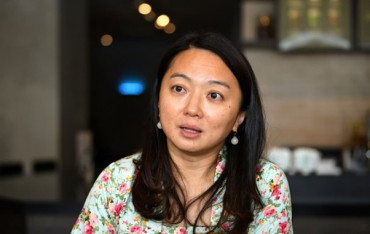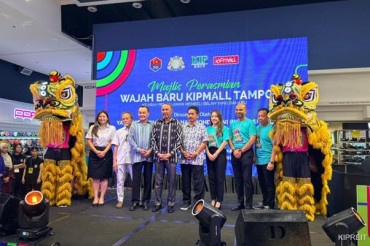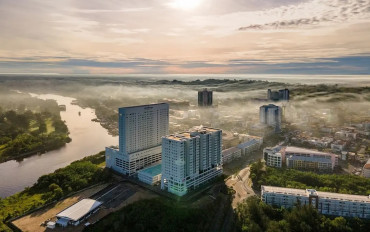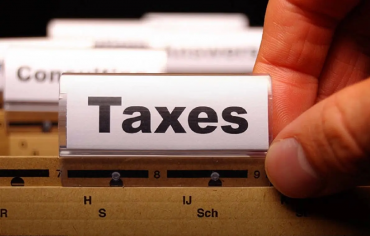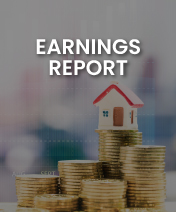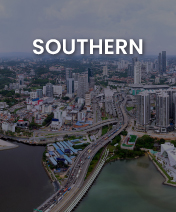ADVERTISEMENT
All Property News
Stay updated with the latest real estate and finance news, including property market trends, housing insights, and valuable information.

Loke says govt ramping up efforts to expedite LRT3 opening
11 hours ago

Wisma ELM structural framework intact—AmanahRaya REIT
13 hours ago

UEM Sunrise completes RM500 mil Islamic medium-term note issuance with 12-year tenure
15 hours ago

PR1MA appoints Brian Iskandar Zulkarim as group CEO
Yesterday

UDA hands over UDA Heights in Johor
Feb 13, 2026

Paramount’s FY2025 profit attributable up 16% to RM118.82 mil
Feb 13, 2026
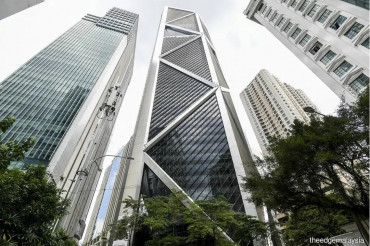
Legally Speaking
Govt seeks to forfeit funds in Ilham Tower, individual accounts linked to Daim case
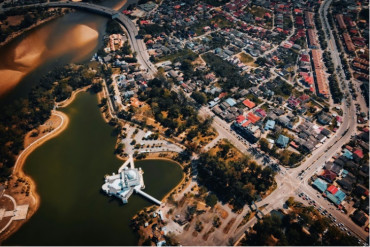
Guide to Homebuying
Find the best location for your home
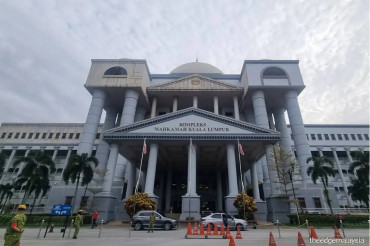
Legally Speaking
KL High Court rules developer’s ‘contra arrangements’ with landowner invalid in K Residence condo case; Duta Yap’s son held personally liable
Trending narratives
Malaysia's Most
Loved Property App
The only property app you need. More than 200,000 sale/rent listings and daily property news.


















